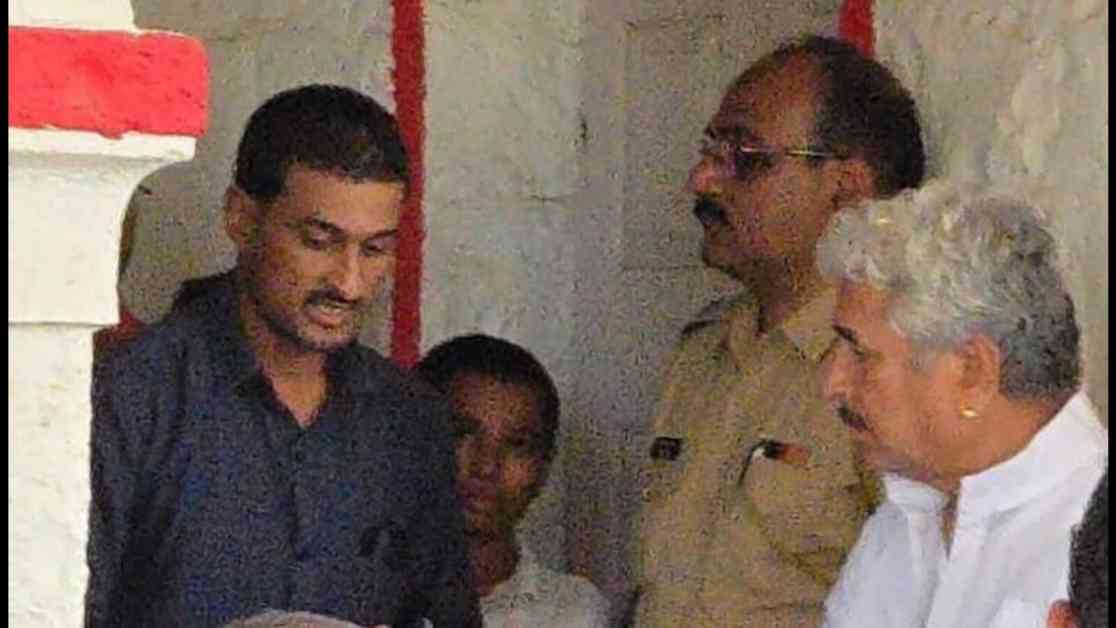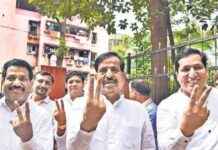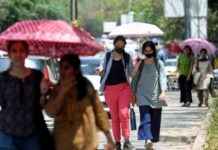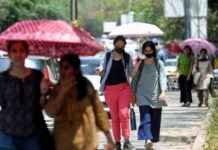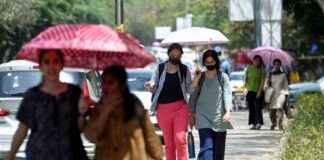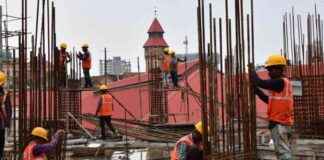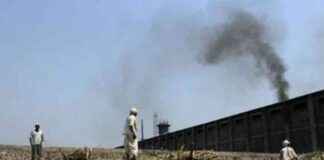In a surprising turn of events, the mahant of Bhagwangad shrine in Mumbai, a religious power center of the Vanjari community, has withdrawn his support for Nationalist Congress Party (NCP) leader and minister Dhananjay Munde in the Santosh Deshmukh murder case. The deceased sarpanch’s brother, Dhananjay Deshmukh, and his daughter, Vaibhavi Deshmukh, met with the mahant to submit documents related to the accused and express their expectations for him to clarify his stance. This development comes after a series of controversial statements made by the mahant just two days prior in support of Munde, causing a stir in the community and beyond.
The murder of Santosh Deshmukh, a three-time sarpanch of Massajog village in Beed district, sent shockwaves through the region on December 9, 2024. Allegedly killed by associates of Walmik Karad, a close aide of Minister Munde, Deshmukh’s brutal murder was linked to his opposition to an extortion attempt on a wind energy firm. The subsequent surrender of Karad to the criminal investigation department (CID) and the ongoing efforts to seek justice for the Deshmukh family have brought to light the deep-rooted tensions between the Maratha and Vanjari communities in Maharashtra.
With the Deshmukhs hailing from the Maratha community and Munde representing the Vanjari community, categorized as Other Backward Classes (OBC) in the state, the case has further exacerbated existing divides and triggered protests and violence in some areas. The political fallout from the murder has put pressure on the Mahayuti government to take action against Munde, with opposition leaders calling for his removal from the cabinet multiple times.
The Bhagwangad shrine, known for its significant following among Vanjaris in Beed and beyond, found itself at the center of the controversy when the mahant publicly declared Munde’s innocence and criticized the portrayal of the minister as a criminal. This move drew sharp criticism from various quarters, with concerns raised about the misuse of religious platforms for political purposes.
In a dramatic twist, the brother and daughter of the slain sarpanch confronted the mahant during a live telecast meeting, highlighting the gruesome nature of Santosh Deshmukh’s murder and the family’s quest for justice. They presented evidence against the accused and urged the mahant to reconsider his position, emphasizing the importance of standing with the truth and seeking justice for their loved one.
Following the emotional meeting, the mahant clarified his stance, stating that his previous remarks had been misinterpreted, and he did not intend to support the accused. He reassured the Deshmukh family that the shrine would stand firmly by them in their pursuit of justice. This episode serves as a poignant reminder of the complexities inherent in cases of communal conflict, political influence, and the quest for justice in a society grappling with deep-seated tensions and divisions.
As the case continues to unfold and the quest for justice for Santosh Deshmukh gains momentum, the community remains divided, and the role of religious leaders in shaping public opinion comes under scrutiny. The Deshmukh family’s unwavering determination and the mahant’s eventual reversal underscore the importance of moral clarity, empathy, and transparency in navigating the challenging terrain of politics, religion, and justice. The quest for truth and justice must prevail, even in the face of adversity and conflicting interests.
